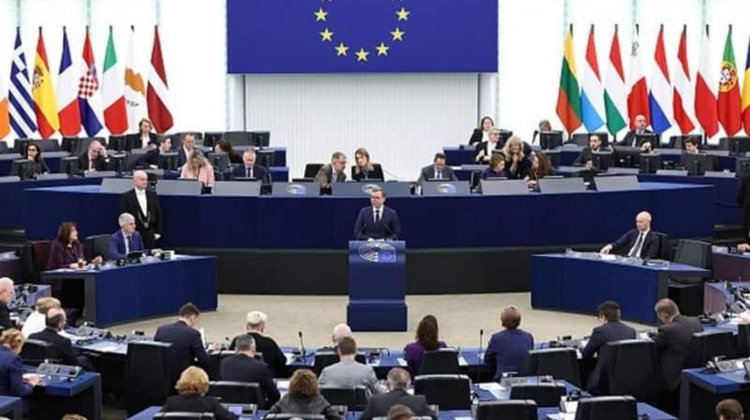New EP regulation protects journalists and media from political and economic interference
10:08 - 14 March 2024

The European Parliament has adopted a new regulation for the protection of journalists and media in the EU from political and economic interference, with 464 votes in favour, 92 against and 65 abstentions.
The regulation prohibits authorities from pressing journalists and editors to disclose their sources, including by detaining them, imposing sanctions, searching offices, or by installing intrusive surveillance software on their electronic devices.
During a discussion with the rapporteur of the European Media Freedom Act, Sabine Verheyen, a day before the voting, a Hungarian journalist expressed concerns over the possibility of spyware installation on journalists’ devices, following an authorisation by a judicial authority investigating serious crimes. Verheyen admitted that in countries where general rule of law is not respected, there might still be a problem, but added that a secondary law will follow to amend the issue.
The MEPs voted that in cases where spyware installation on journalists’ devices will be allowed, subjects will have the right to be informed after the surveillance has occurred and will be able to challenge it in court.
As Verheyen underlined, transparency for media ownership was a main goal of the regulation. The European Parliament voted that public media will have to be financed using transparent and objective procedures, and the funding should be sustainable and predictable. Also, to prevent public media outlets from being used for political purposes, their heads and board members should be selected through transparent and non-discriminatory procedures for sufficiently long terms of office.
To enable the public to know who controls the media and what interests may influence reporting, all news and current affairs outlets regardless of their size will have to publish information about their owners in a national database, including if they are directly or indirectly owned by the state.
As for the allocation of state advertising, the media will also have to report on funds received from state advertising and on state financial support, including from non-EU countries. Also, public funds to media or online platforms will have to be allocated via public, proportionate and non-discriminatory criteria.
A mechanism to prevent very big online platforms, such as Facebook, X (formerly Twitter) or Instagram, from arbitrarily restricting or deleting independent media content was also included in the regulation. Media would be notified when the platform intends to delete or restrict their content and have 24 hours to respond. Only after the reply (or in the absence of it) may the platform delete or restrict the content if it still does not comply with its conditions.
